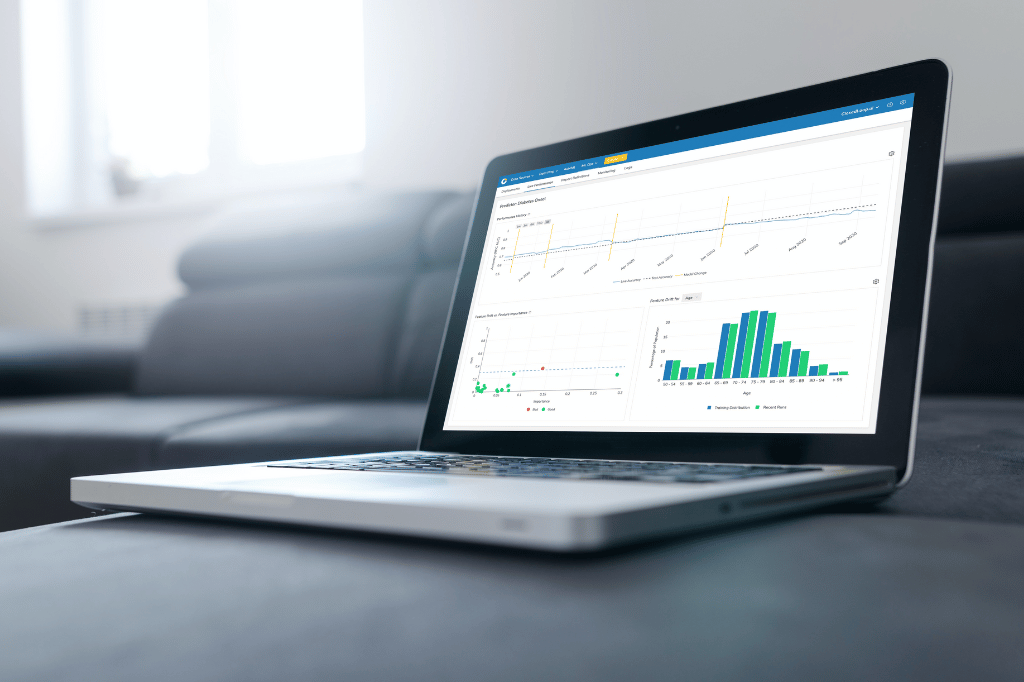White Papers
Why a Logic Model is Key for Effective Program Evaluation
Learn what logic models are, why they are essential for effective program evaluation, and how they enable you to identify specific areas of improvement for your programs.
Are your programs working? As healthcare organizations tighten their belts, budgets for population health and quality improvement programs are coming under scrutiny. Executive leaders want solid
evidence of cost‐effectiveness to justify maintaining and expanding these programs. However, Program evaluation is complex, and if performed poorly, it can lead you down the wrong path. To ensure that your program and its evaluation are on target, you need to develop a logic model.
Read the paper to learn:
- What logic models are and why they are a key part of the CDC’s framework for program evaluation
- How to create a logic model for your program
- How to use a logic model to set your program evaluation up for success

Read now
Related Resources

Context is King in Complex Interventions
Traditional program evaluation approaches fall short when it comes to assessing complex interventions, but HCOs must be capable of evaluating whether or not their programs work if they are to succeed in healthcare’s new business model. Without a “gold standard” evaluation approach, how can HCOs measure the sustainability and impact of their interventions?

A Framework for Measuring the ROI and Health Equity Impact of AI-Enabled Health Programs
Discover a useful framework that your organization can use to evaluate programs’ ROI and impact on health equity, especially when introducing an artificial intelligence / machine learning component.

Healthcare AI in 2022: Insights from Best in KLAS Winner Wellsect
Join Wellsect in this 45-minute on-demand session as we discuss the importance of machine learning in healthcare, opportunities and challenges for organizations considering or already working with AI, and how our partners are using the platform to improve patient outcomes and reduce cost.










